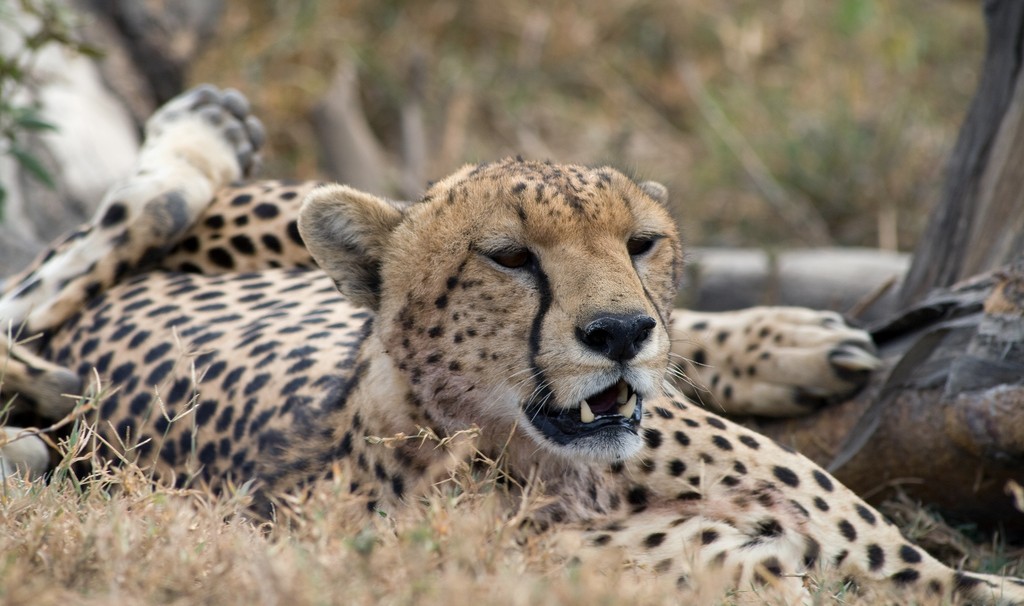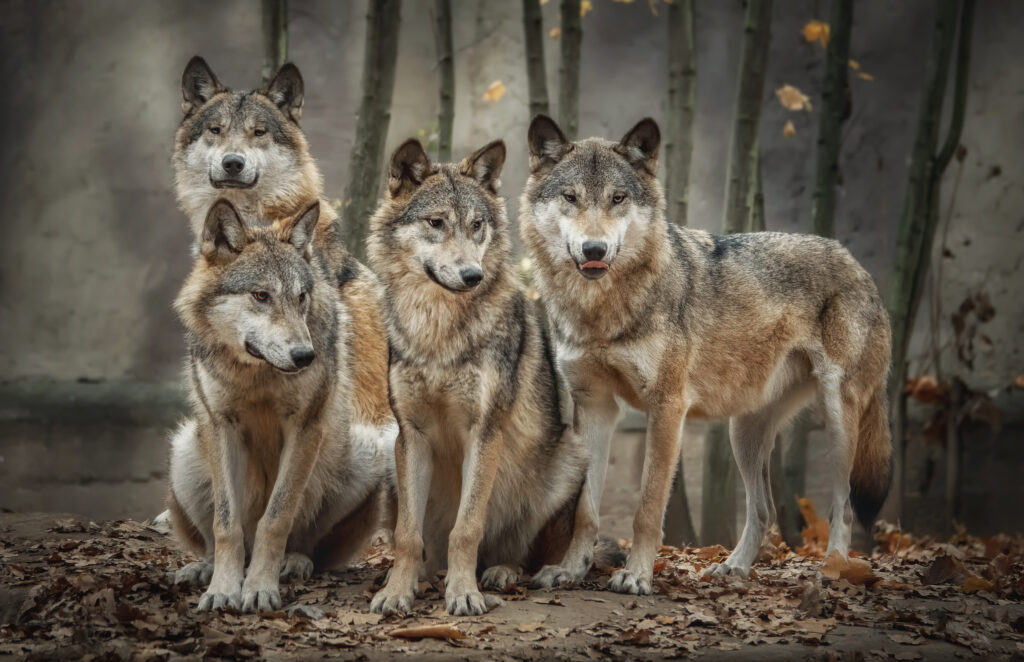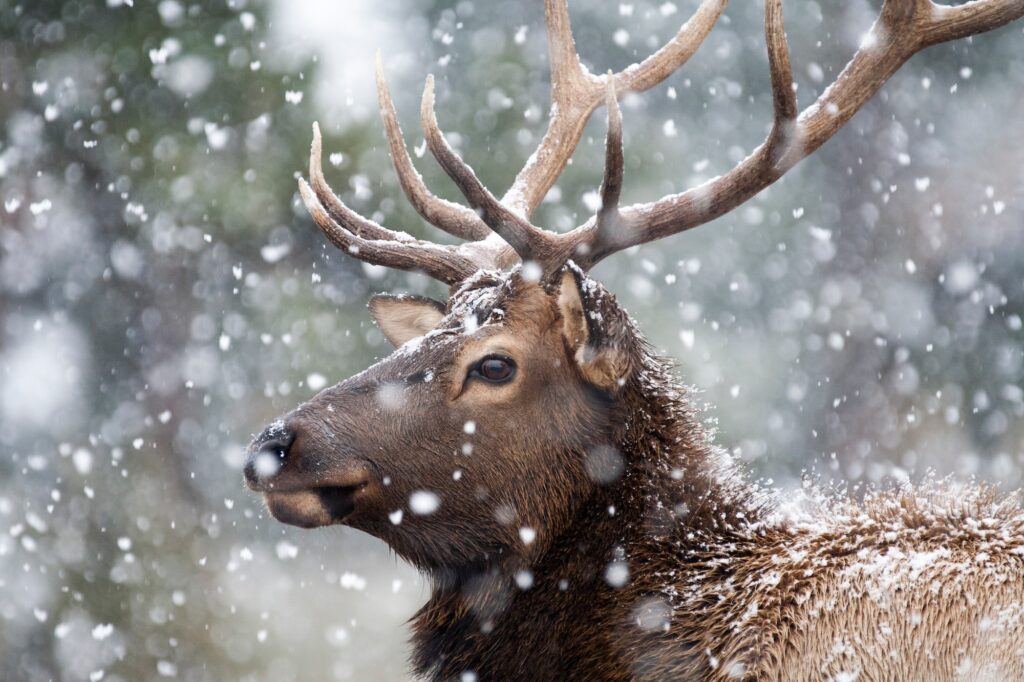How much do you know about the word origins of our furry, scaly, and winged friends? Read on to learn 10 etymologies from the animal kingdom.

Camel: This beast of burden traces its linguistic heritage from the Latin camelus and Greek kamelos. The word has resonances with the Arabic jamala, which means “to bear” or “to carry.”
Cheetah: This speedy runner derives its name from the Sanskrit chitra, which describes something with distinctive, multicolored markings.
Cobra: This venomous predator takes its name from the Portuguese cobra de capello, which means “serpent of the hood” or “hooded serpent.” These snakes are prevalent in certain regions of India, where Portuguese colonists bestowed this name on them. Alternately, the term Naja is used, from the Old Indic word meaning “snake.”
Crocodile: This ancient animal was first named krokodilos in Greece, from the roots kroke, meaning “pebbles,” and drilos, meaning “worm” due to its affinity for lounging in the sun and warming itself on the surrounding rocks.
Flamingo: These brightly-colored birds share their roots with all manner of fire-related terms. From the Greek phoinikopteros we have the Spanish flamengo, which made its way into English and means “flame-colored.”
Hippopotamus: These lumbering animals get their name from the Greek word meaning “horse of the river.” The term is composed of hippos, or “horse,” and potamos, meaning “river.”
Penguin: The likeliest etymology places this word as stemming from the Welsh compound word formed from pen, meaning “head,” and gwyn, meaning “white.”
Raccoon: These surreptitious mammals are named for the Algonquian word arakhun, meaning “scratches with the hands.”
Rhinoceros: These massive, tough-skinned creatures derive their names from their most pronounced feature: their horn. The term stems from the Latin rhinoceros and Greek rhinokeros, both of which take root in rhinos, or “nose”, and keras, meaning “horn.” A great many words in usage today feature these root words. Examples range from ear, nose, and throat specialists, called otolaryngologists, and plastic surgeons specializing in nose jobs, or rhinoplasty, to keratin treatments administered in spas and salons in order to smooth and tame hair by using key structural proteins that occur naturally in nails, animals’ horns, and hair.
Squirrel: These furry tree-dwellers take their name from the Greek skiouros, which literally means “shadow-tailed,” from skia (shadow) and oura (tail).
Photo Credit: Stig Nygaard




